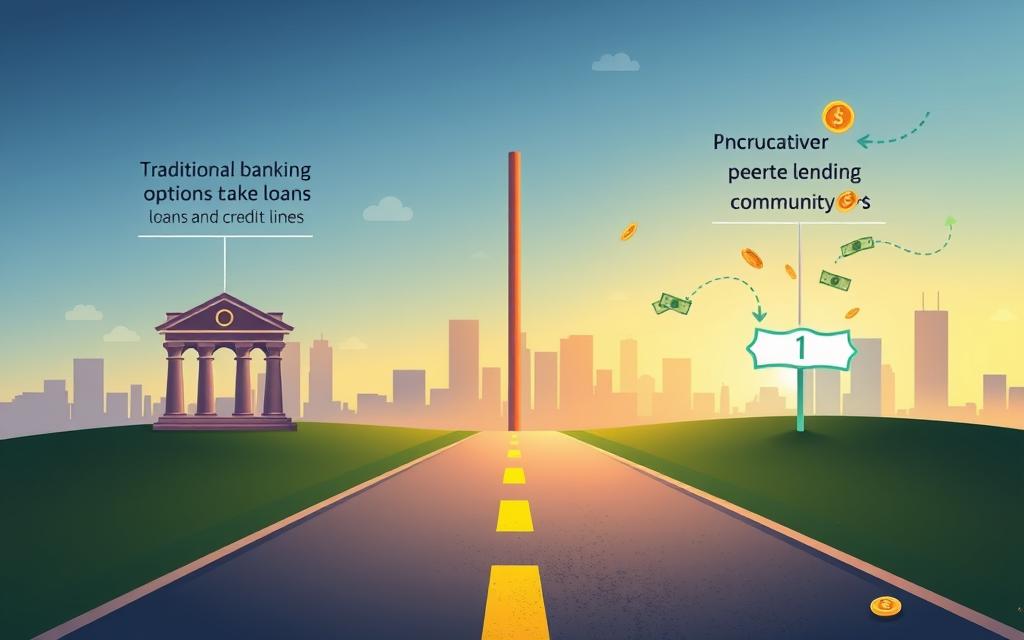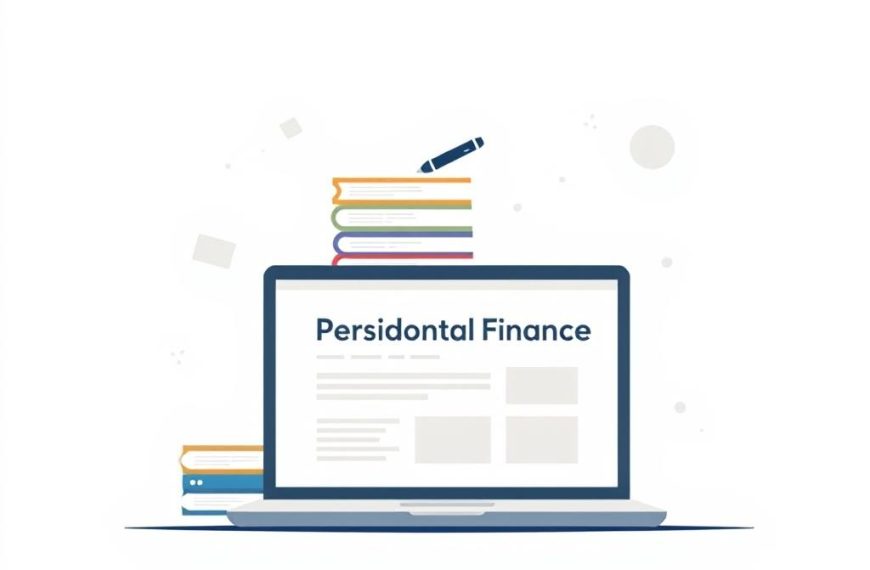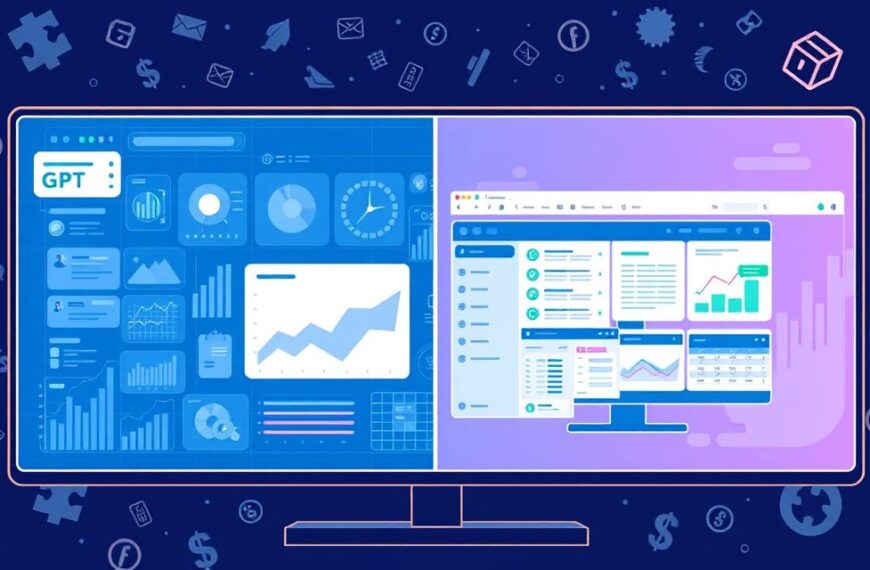Filing for bankruptcy gives people a fresh start by clearing big debts. But, knowing how bankruptcy affects future loan chances is key. Getting loans after bankruptcy is hard due to the impact on your credit report. This can show your financial past for 7 to 10 years, depending on the bankruptcy type.
Even after bankruptcy, many can find ways to finance. Personal loans might be an option, especially after some time has passed and credit scores improve. It’s tough but possible to get loans after bankruptcy. By understanding your credit and looking at the right options, you can start to recover financially.
Understanding Bankruptcy and Its Impact on Finances
Bankruptcy helps people with too much debt start over. It’s a legal way to ease financial burdens. Knowing the difference between Chapter 7 and Chapter 13 bankruptcy is vital. Each type offers a unique approach to solving debt problems.
Types of Bankruptcy: Chapter 7 vs Chapter 13
Chapter 7 bankruptcy allows selling some assets to pay off debt. It usually finishes in a few months. Most people can keep important belongings. The cost to file is $338. This bankruptcy type affects your credit report for 10 years.
In contrast, Chapter 13 lets you keep possessions but follow a payment plan. This plan goes on for three to five years. The fee for Chapter 13 is $313. It shows on your credit report for seven years after complete payment, or 10 years if not completed.
Both types of bankruptcy can drop your credit score by up to 200 points. Yet, your score can start to recover within a year after bankruptcy.
Effect on Credit Reports and Scores
Bankruptcy stays on credit reports for a long time. Chapter 7 remains for ten years. Chapter 13 stays for seven years after full repayment, or ten years if you don’t finish the plan. This can affect job prospects. Some employers check credit or look for bankruptcy when hiring for financial or government jobs.
It’s important to know these facts before deciding. For more details, look at bankruptcy education articles. They can give you deeper understanding.
Can a Person Get Something Financed After Filing Bankruptcy?
Getting a loan after bankruptcy might seem hard, but it’s possible. If you’ve gone through bankruptcy, you’ll have to look at different things that affect how you can borrow money. Your credit score plays a big part in what kind of loan offers you get, especially the interest rates and the type of loans you can get.
Availability of Personal Loans Post-Bankruptcy
After bankruptcy, you can still find loans. Companies that give auto loans to people with bad credit are out there. Remember, loans right after bankruptcy might have higher interest rates and tougher conditions. If you wait and improve your credit score, you could get better loan deals. Lenders look at how long it’s been since your bankruptcy to decide if they can give you a loan. Getting a loan can be easier six months after Chapter 7 bankruptcy is finished. But, for Chapter 13, you might need to get court permission to take on new debts.
Impact of Bankruptcy Duration on Financing Opportunities
The length of your bankruptcy matters a lot for loans. Chapter 7 lasts 3-4 months, and Chapter 13 involves a 3-5 year repayment plan. Lenders might be more open to giving credit as time goes on after your bankruptcy. The negative view of bankruptcy decreases with time. By paying on time and slowly improving your credit score, you can rebuild your credit status.
Doing things like making timely payments helps rebuild credit. This makes it easier to get loans with better conditions later on. Building your credit back up is very important for your financial life.

Exploring Financial Options After Bankruptcy
After bankruptcy, it can be tough to find your financial footing again. You’ll come across many borrowing options. Each has its risks and benefits. It’s key to grasp these choices to navigate your financial rebuild effectively.
Secured Loans as a Viable Option
Secured loans could be a way forward for those with a bankruptcy past. They require something as security, like a car or home equity. With an asset on the line, lenders might be more willing to offer a loan, despite your credit history. Remember, though, secured loans might have lower interest rates than unsecured ones. Yet, there’s always the risk of losing your asset if you can’t keep up with payments.
Alternative Financing Methods: Credit Cards and Home Equity Loans
Looking to better your credit? Certain credit cards are aimed at those with poor credit. Secured credit cards are one choice. They offer a chance to borrow and enhance your credit score gradually. Also, home equity loans let you use your home’s equity for funds. This can bring in substantial money but remember, failing to repay could lead to losing your home.
Before jumping into any of these options, think carefully and weigh up your financial situation. Getting a clear understanding of what each choice involves can help manage your finances more wisely post-bankruptcy.
How to Improve Your Chances of Securing Financing
After filing for bankruptcy, taking steps to regain financial stability is key. It’s crucial to work on building your credit. Understanding how co-signers can help with loans is also important.
Building Credit History Post-Bankruptcy
Rebuilding credit after bankruptcy needs a focused plan. Paying bills on time is a top priority. This practice boosts your credit score.
Record your monthly payments, including for any secured credit cards. A strong payment history shows lenders you’re responsible. Starting a savings habit also strengthens your financial profile. This shows you can handle your money well. Joining a credit union helps too, as they look at more than just your credit score.
Utilising Co-signers for Better Loan Terms
Having a co-signer can increase your loan approval chances. Choose someone with a good credit score for more confidence from lenders. This could lead to better loan terms. But, the co-signer should know their credit is at risk.
A strong application and improving your credit history are key to convincing lenders. With the right approach and patience, securing financing becomes achievable.
Conclusion
Getting back on your feet after bankruptcy is tough but possible. Your credit score will drop, and finding loans can be hard. Yet, there are loan options out there to help you recover. You might want to look into secured loans, which have better terms. Also, having someone co-sign your loan can increase your chances of getting approved.
Rebuilding your credit is vital. You must complete credit counselling and financial management courses as the law demands. These steps are key to mastering good money habits. By following this advice, you’re building a stronger financial future for yourself.
To beat the challenges of bankruptcy, keep working on your credit score and make smart money decisions. Stay alert and proactive. This way, you can move towards a better financial future. There are many chances for recovery and growth ahead.
FAQ
What is bankruptcy and how does it affect my finances?
Bankruptcy is a legal way to get help if your debts are too big to handle. There are two types, Chapter 7 and Chapter 13. It offers a chance to start over. But, it leaves a mark on your credit report. This mark stays for seven to ten years, based on which type you choose.
How long does bankruptcy stay on my credit report?
The time bankruptcy stays on your credit report depends on its type. Chapter 7 is there for up to ten years, and Chapter 13 for seven years. Though its effect lessens over time, your credit score might initially drop by up to 200 points.
Can I obtain personal loans after declaring bankruptcy?
After bankruptcy, getting personal loans is still possible. However, expect higher interest rates due to lower credit scores. The longer you wait to apply after your discharge, the better chances you have with lenders.
What types of loans are available after bankruptcy?
Financing options after bankruptcy include secured loans, needing collateral like a vehicle or home. Poor credit credit cards are also an option. While home equity loans are available, they come with the risk of foreclosure if you miss repayments.
How can I improve my credit score after bankruptcy?
To fix your credit score post-bankruptcy, always pay bills on time. Use secured credit cards wisely. Also, build a positive credit history. These actions help improve your financial standing significantly.
Is it wise to use a co-signer when applying for a loan post-bankruptcy?
Yes, a co-signer with good credit can help. It improves your loan approval chances and may secure better interest rates. Thus, it’s a smart move for financing after bankruptcy.

















